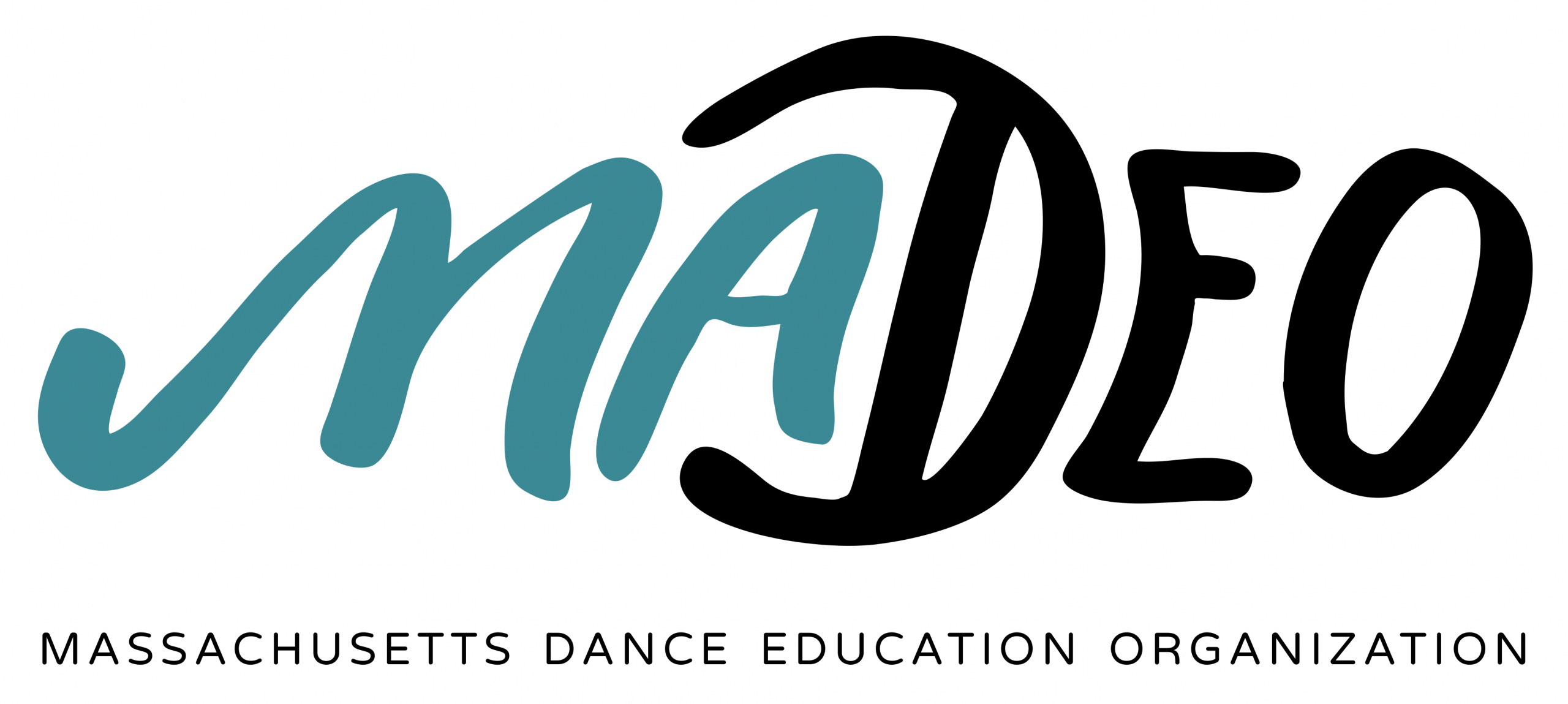http://www.p21.org/about-us/p21-framework
1. Mastery of core subjects and 21st century themes is essential for students in the 21st century. Core subjects include
English, reading or language arts
World languages
Arts
Mathematics
Economics
Science
Geography
History
Government and Civics
In addition to these subjects, we believe schools must move beyond a focus on basic competency in core subjects to promoting understanding of academic content at much higher levels by weaving 21st century interdisciplinary themes into core subjects:
Global awareness
Financial, economic, business and entrepreneurial literacy
Civic literacy
Health literacy
Environmental literacy
2. Learning and Innovation Skills
Creativity and Innovation
Critical Thinking and Problem Solving
Communication and Collaboration
3. Information, Media and Technology Skills
Information Literacy
Media Literacy
ICT Literacy
4. Life and Career Skills
FLEXIBILITY AND ADAPTABILITY
Adapt to Change
Adapt to varied roles, jobs responsibilities, schedules and context
Work effectively in a climate of ambiguity and changing priorities
Be Flexible
Incorporate feedback effectively
Deal positively with praise, setbacks and criticism
Understand, negotiate and balance diverse views and beliefs to reach workable solutions, particularly in multi-cultural environments
INITIATIVE AND SELF-DIRECTION
Manage Goals and Time
Set goals with tangible and intangible success criteria
Balance tactical (short-term) and strategic (long-term) goals
Utilize time and manage workload efficiently
Work Independently
Monitor, define, prioritize and complete tasks without direct oversight
Be Self-directed Learners
Go beyond basic mastery of skills and/or curriculum to explore and expand one’s own learning and opportunities to gain expertise
Demonstrate initiative to advance skill levels towards a professional level
Demonstrate commitment to learning as a lifelong process
Reflect critically on past experiences in order to inform future progress
SOCIAL AND CROSS-CULTURAL SKILLS
Interact Effectively with Others
Know when it is appropriate to listen and when to speak
Conduct themselves in a respectable, professional manner
Work Effectively in Diverse Teams
Respect cultural differences and work effectively with people from a range of social and cultural backgrounds
Respond open-mindedly to different ideas and values
Leverage social and cultural differences to create new ideas and increase both innovation and quality of work
PRODUCTIVITY AND ACCOUNTABILITY
Manage Projects
Set and meet goals, even in the face of obstacles and competing pressure
Prioritize, plan and manage work to achieve the intended result
Produce Results
Demonstrate additional attributes associated with producing high quality products including the abilities to:
– Work positively and ethically
– Manage time and projects effectively
– Multi-task
– Participate actively, as well as be reliable and punctual
– Present oneself professionally and with proper etiquette
– Collaborate and cooperate effectively with teams
– Respect and appreciate team diversity
– Be accountable for results
LEADERSHIP AND RESPONSIBILITY
Guide and Lead Others
Use interpersonal and problem-solving skills to influence and guide others toward a goal
Leverage strengths of others to accomplish a common goal
Inspire others to reach their very best via example and selflessnes
Demonstrate integrity and ethical behavior in using influence and power
Be Responsible to Others
Act responsibly with the interests of the larger community in mind

Recent Comments